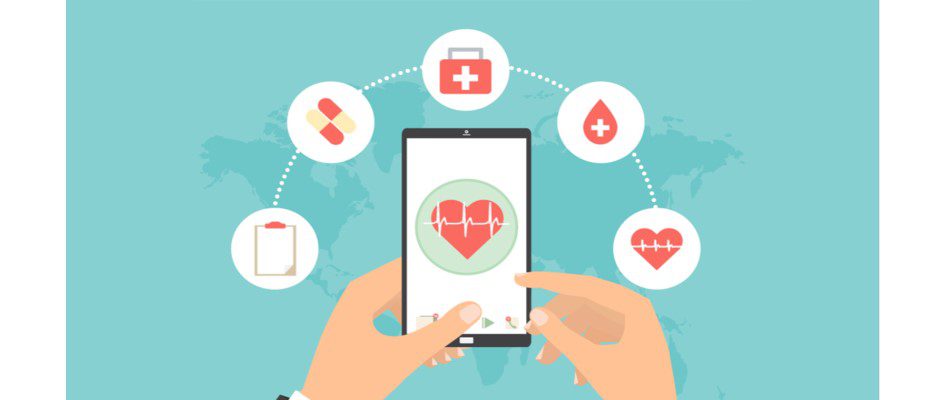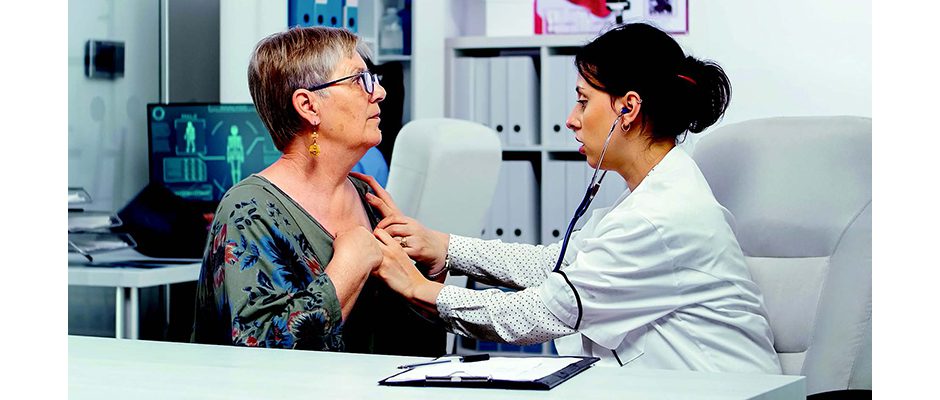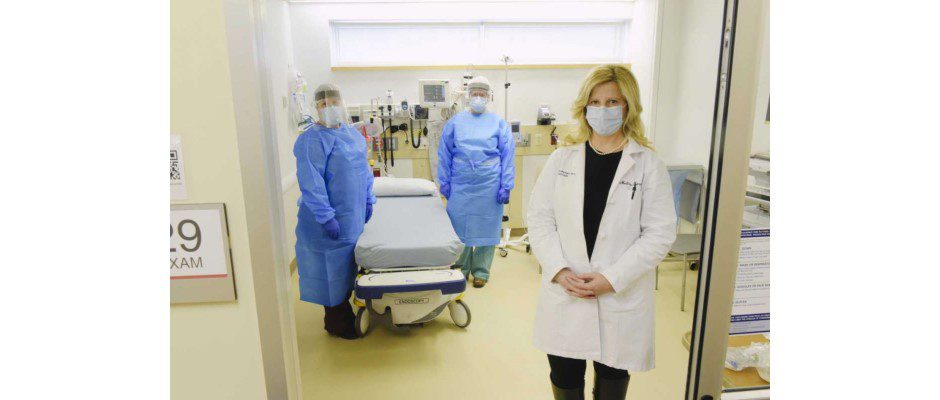
The COVID-19 pandemic is drastically changing health care. Efforts to limit the spread of the virus through social distancing – as well as anxiety about entering health care facilities with COVID-positive patients – have kept many individuals from seeking necessary care for their ongoing medical needs, including routine medical care. But the need to ensure good health has never been more important.
In response to those concerns and needs, St. Peter’s Health Partners is expanding its Virtual Health services to better connect patients with their health care providers during the COVID-19 outbreak and beyond.
“We have seen a significant decline in visits to our medical practices, particularly primary care,” said Kellie Valenti, president of St. Peter’s Health Partners Medical Associates. “That decline makes clear many of our patients could be neglecting potentially preventable conditions and diseases that if left uncontrolled, could have devastating consequences. VirtualHealth restores this critical communication and puts a patient’s health care in the palm of their hand.”
St. Peter’s Virtual Health, open to both established and new patients, uses secure telehealth technology to safely connect providers with patients using audio and video from the comfort of the patient’s own home.
Patients have the option of choosing between two platforms:
VirtualVisit
- Open to the public
- Urgent care
- Available on demand
- Out-of-pocket cost of $25 or $50
VirtualCare
- Established patients
- New patients welcome
- Scheduled general medical care
- Scheduled specialty visits
- Scheduled annual visits
- Billed to insurance
Due to the COVID-19 pandemic, in most cases, there will be no fee for the VirtualCare sessions. In instances where there is a fee, the patient’s insurance will be billed as it would for a traditional office visit.
VirtualVisit and VirtualCare are accessible through a smart phone, table, or computer with audio and video capabilities and a stable data connection.
While virtual access is a critical tool during the COVID crisis, it will continue to provide crucial health care access for patients even as face-to-face visits return in the coming months. And Valenti reiterated that anyone experiencing serious health issues, particularly heart attack and stroke symptoms, should still be calling 911 and seeking emergency care.
“Our doctors, nurses, physical therapists, laboratory techs and other health care professionals continue to follow the most up-to-date infection control procedures to ensure the safety of patients and staff, in those instances where an in-person visit is critical,” said Valenti. “From our waiting rooms, to patient care rooms, to laboratory sites, we are working vigorously to ensure that St. Peter’s emergency departments, medical offices and other point-of-care sites are safe.”
To access St. Peter’s VirtualHealth: https://www.sphp.com/virtualhealth/





